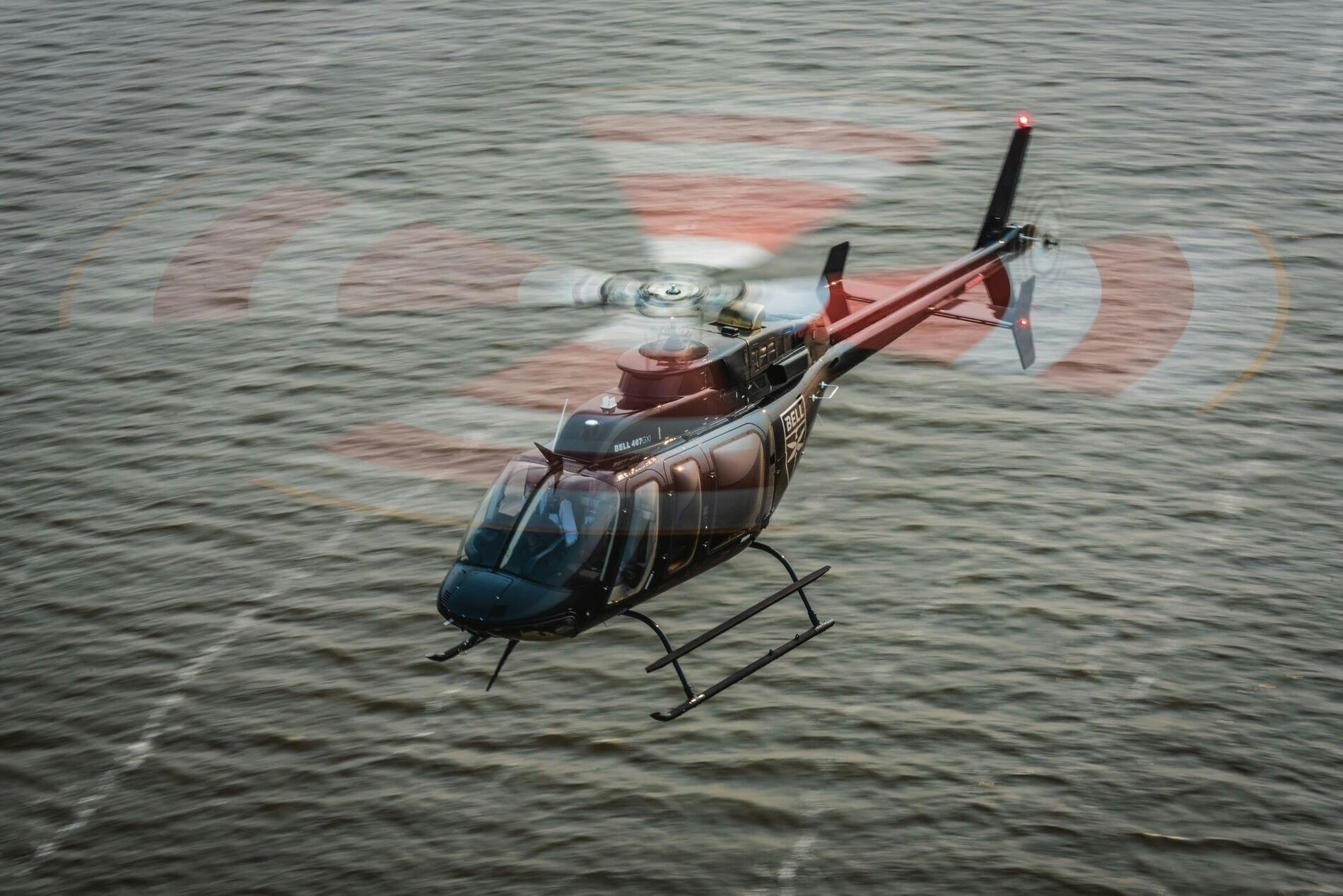
AeroGenie - مساعد الطيار الذكي الخاص بك.
الرائج الآن
Categories
Delta Air Lines Implements AI for Ticket Pricing
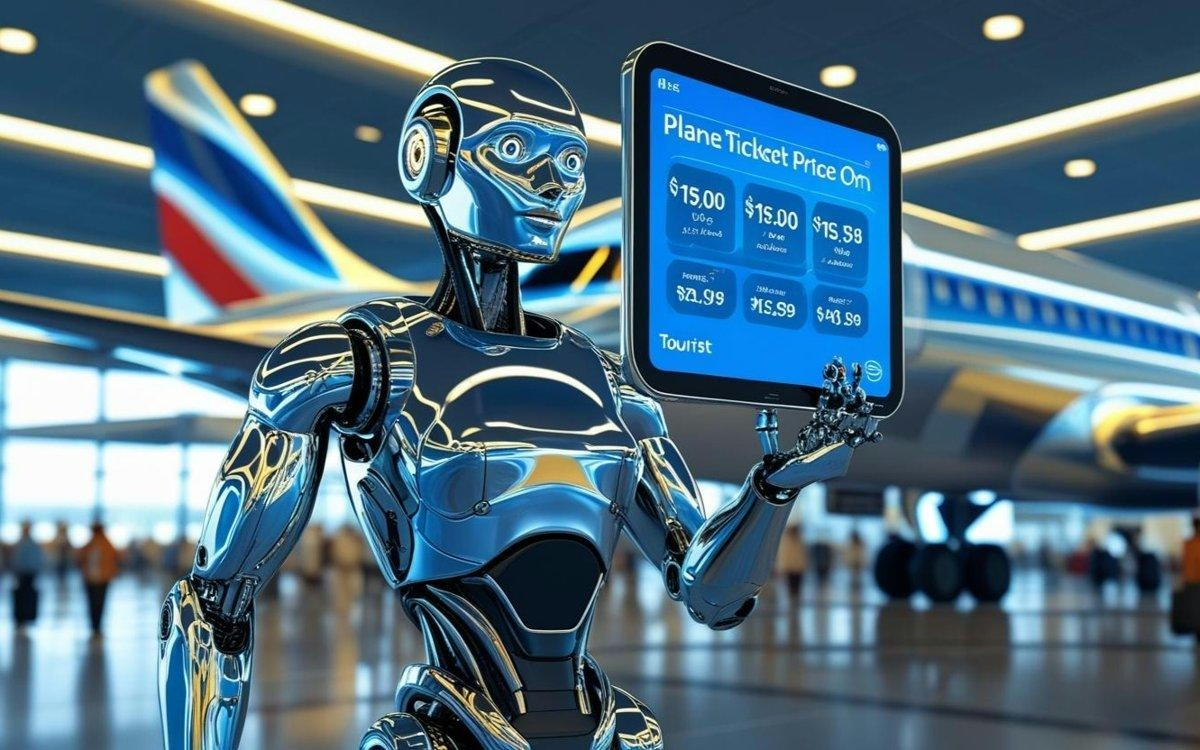
Delta Air Lines Expands Use of AI for Ticket Pricing Amid Regulatory Scrutiny
Delta Air Lines is significantly increasing its reliance on artificial intelligence to determine ticket prices, with plans to have AI set 20 percent of its fares by the end of the year, up from the current 3 percent. The technology, developed by Israeli company Fetcherr, evaluates a wide array of real-time data points, including passengers’ booking histories, timing of searches, travel routes, baggage requirements, and prevailing market conditions. This sophisticated data analysis enables the airline to offer personalized prices that may be either lower or substantially higher than average market rates.
A Shift from Traditional Pricing Models
This move represents a marked departure from conventional fare-setting methods, which typically considered transparent factors such as booking dates, destinations, and overall demand. By tailoring prices to individual customers, Delta challenges established strategies for finding low fares and raises important questions about fairness and transparency in pricing. The opacity of AI algorithms is a central concern, as passengers are not informed about which specific data influence their ticket costs, making it difficult to understand or contest the final price.
Regulatory and Consumer Concerns
The lack of transparency has attracted regulatory attention. U.S. senators are currently investigating the use of AI in airline fare pricing amid growing worries about potential price discrimination and its broader implications for consumers. Beyond regulatory scrutiny, Delta faces the risk of eroding customer trust if travelers perceive AI-driven pricing as unfair or excessively individualized. Consumer advocacy groups have called for bans on AI-based personalized pricing, citing risks of discrimination and adverse effects on passengers. While many jurisdictions prohibit discrimination based on gender, race, income, or place of residence, the opaque nature of AI models complicates efforts to ensure compliance.
Industry Implications and Future Outlook
Delta’s adoption of AI pricing is also influencing the competitive landscape. Other major airlines may feel pressured to implement similar technologies to maintain market competitiveness. For instance, United Airlines already employs generative AI to inform passengers about flight cancellations, and industry analysts anticipate broader adoption of AI-driven tools across carriers. This trend could fundamentally reshape airline pricing practices amid evolving travel patterns and ongoing macroeconomic uncertainty.
As the airline industry navigates these changes, the tension between innovation, transparency, and consumer protection remains a critical issue. Delta’s initiative underscores a broader transformation in airline pricing strategies, highlighting the urgent need for clear regulatory guidelines and oversight to ensure that technological advancements do not undermine fairness and consumer trust.

Europe Advances Aviation Sustainability Through SAF Mandates and Innovation

Lufthansa's Fleet Plans for 2025
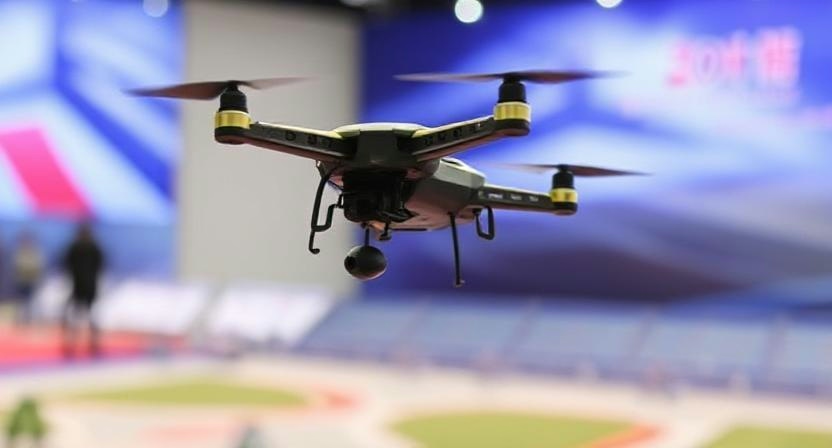
Fifteenth National Games Model Aviation Finals in Longhua Showcase Drone Sports and Innovation
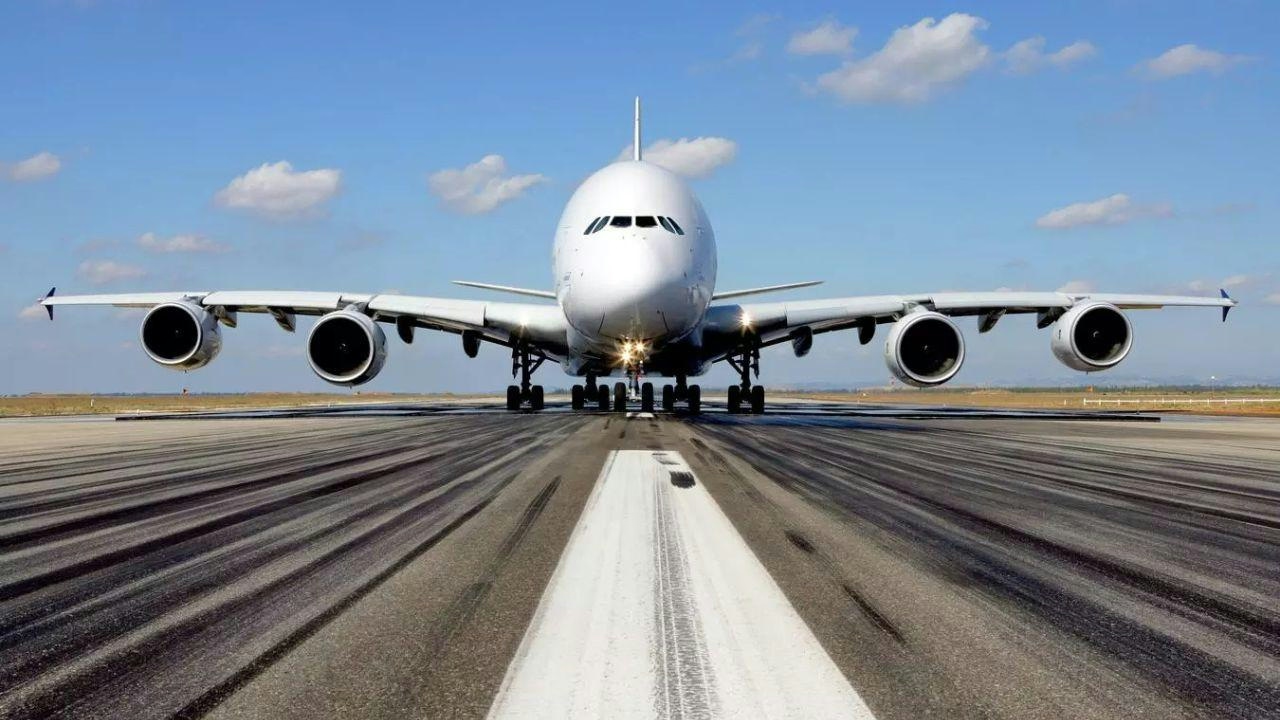
Brazilian Woman Becomes First Female Captain of Airbus A380
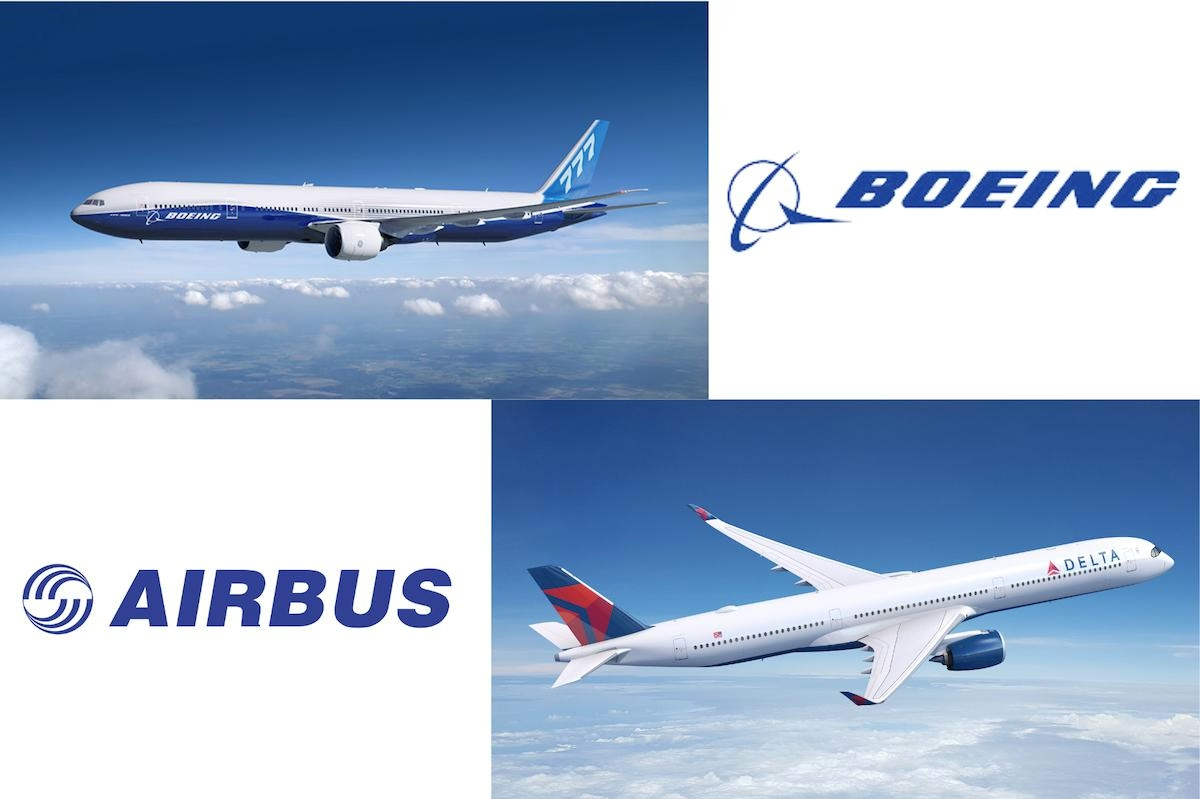
Airbus and Boeing: Comparing Their Global Reach
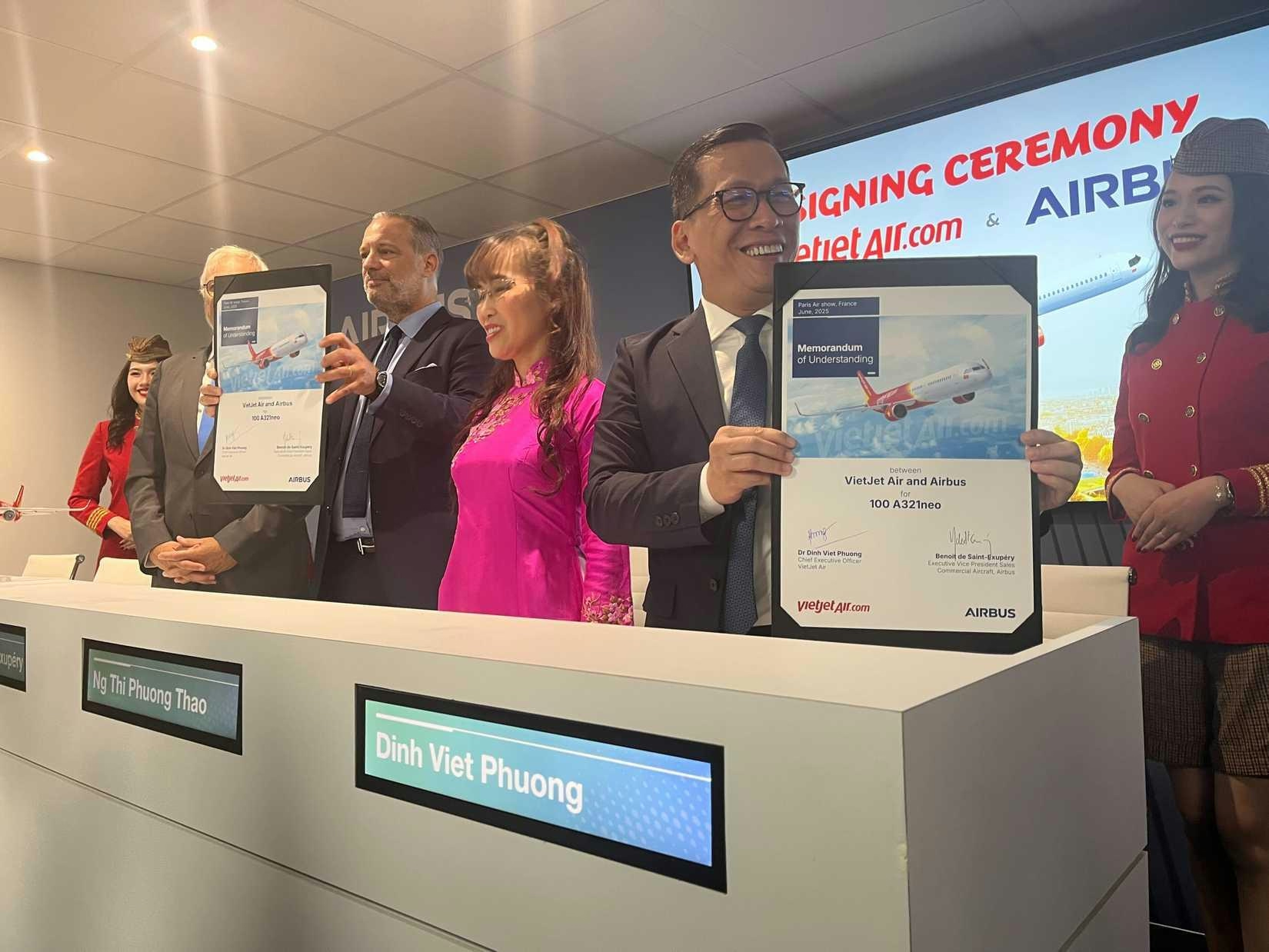
Vietjet Orders 100 Airbus A321neo Jets, Strengthening UK-Vietnam Strategic Partnership
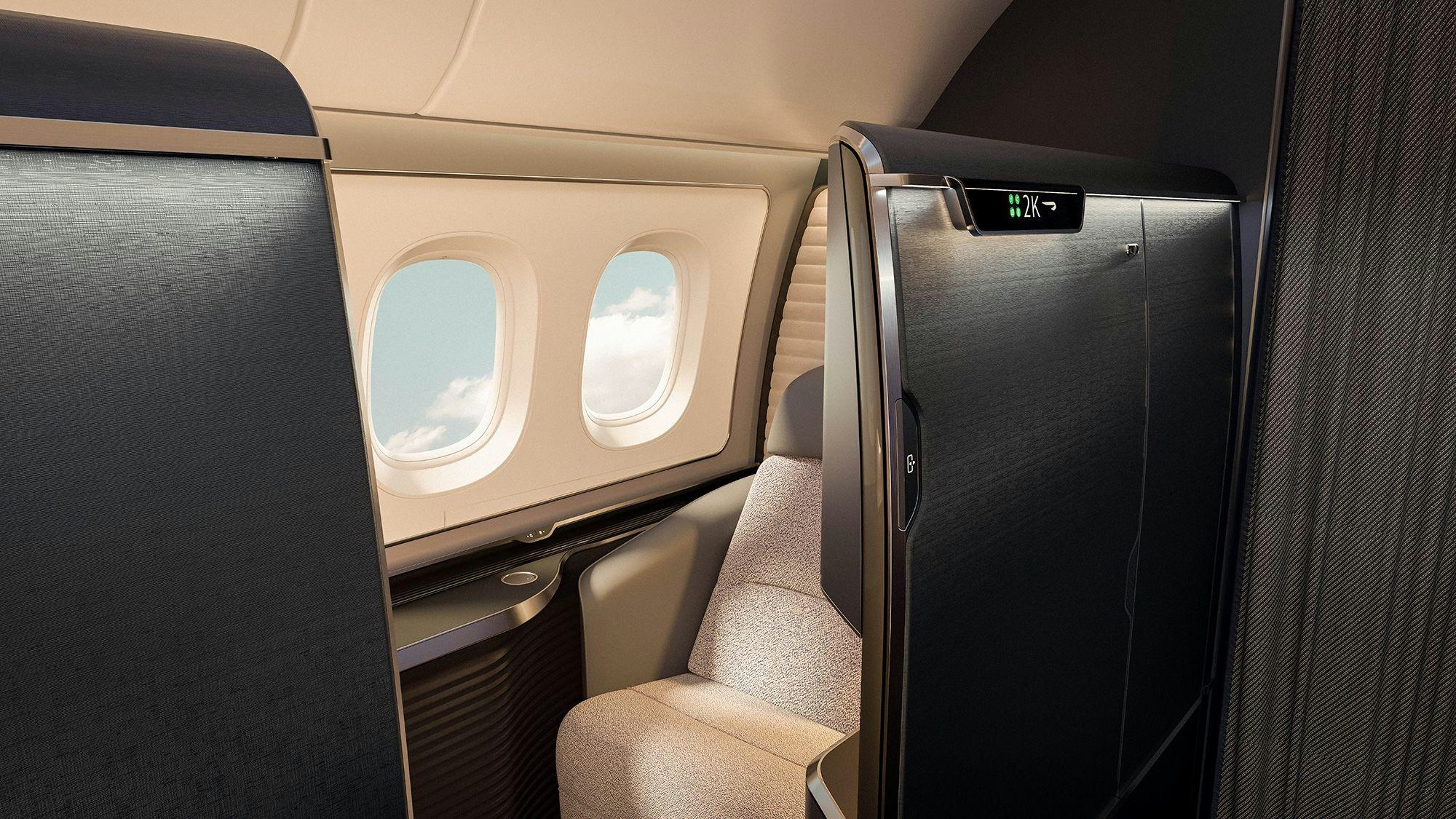
The Aircraft Set to Replace the Iconic Superjumbo

Delta Air Lines Introduces AI-Powered Concierge Service
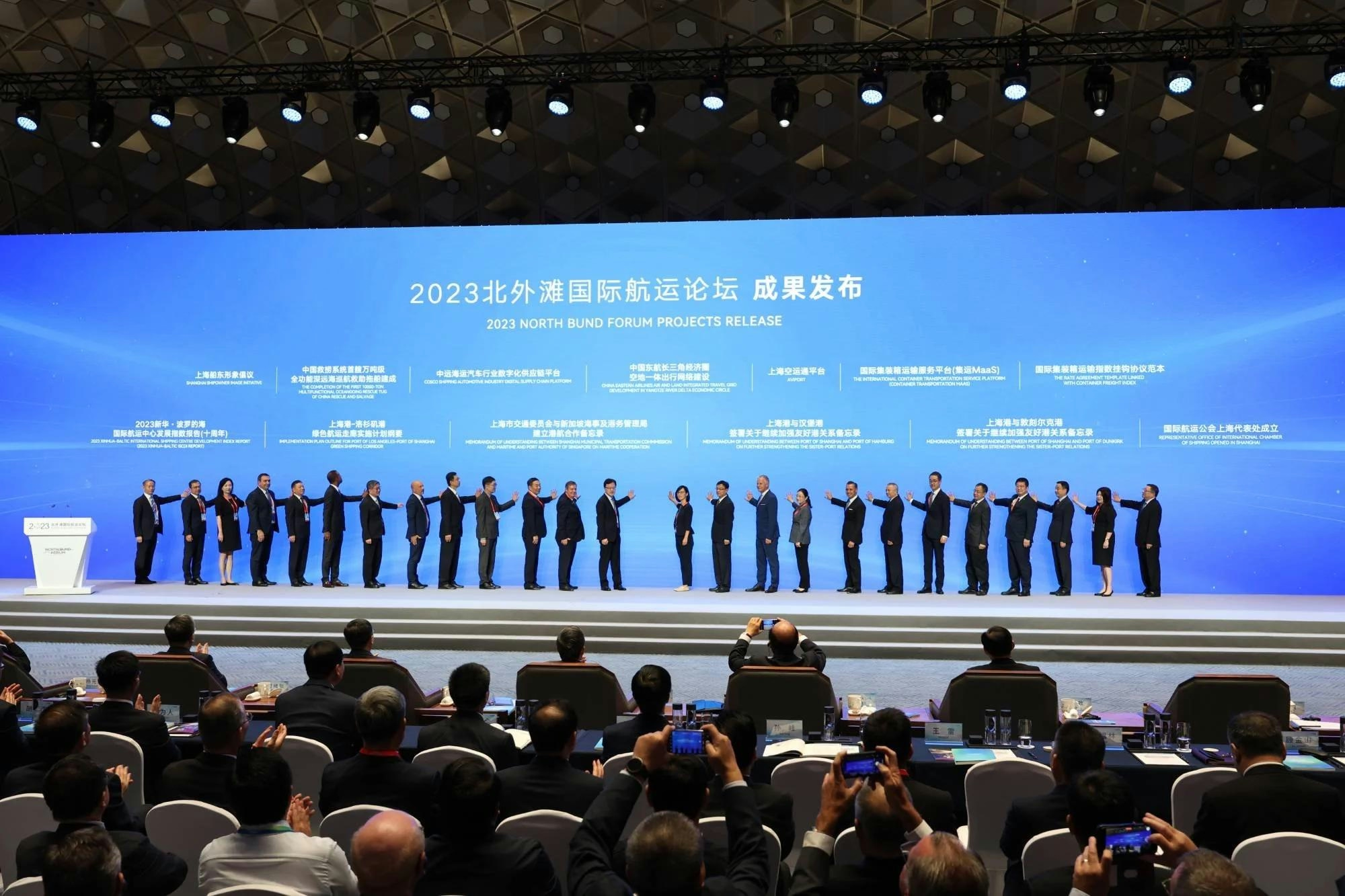
Shanghai to Host 2025 North Bund International Aviation Forum
